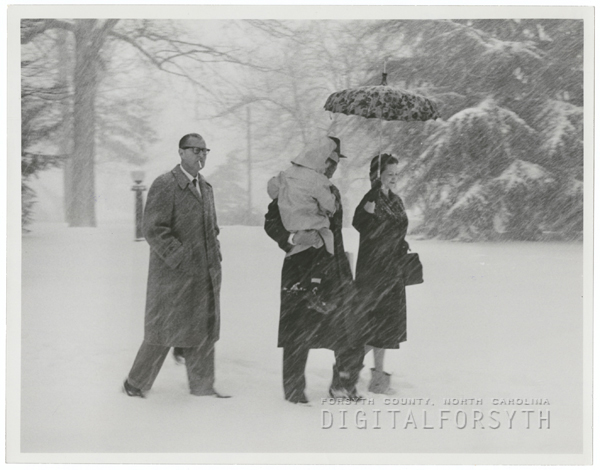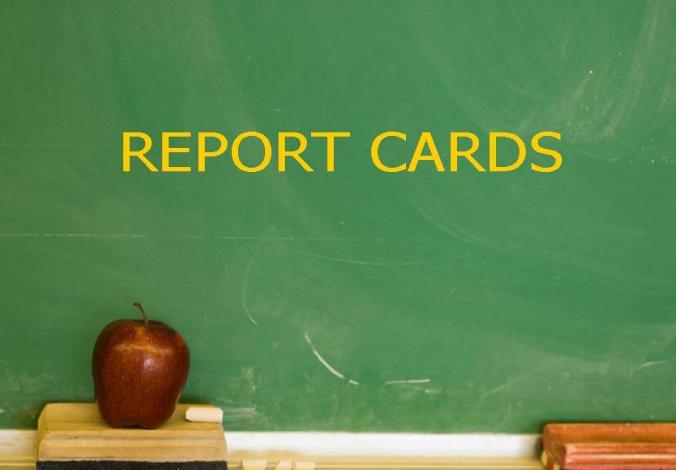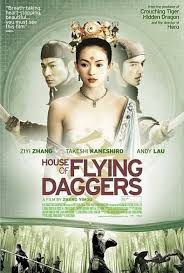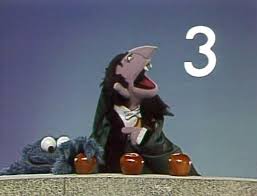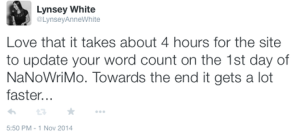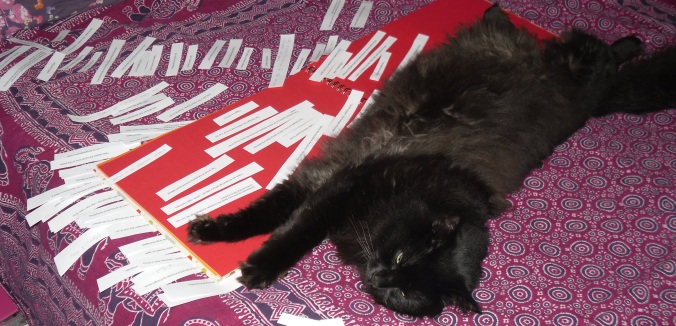It’s 2nd November 2016, and what am I doing?
Am I having another bash at NaNoWriMo (National Novel Writing Month, for the uninitiated) and another bash at writing Madder Hall?
Sort of.
And sort of not.
What I’m doing is NaNoREWriMo: National Novel Rewriting Month. Because I’ve already (more than once) written the (&*$^%^$@%ing) novel. I just haven’t written it well enough.
Hey ho.
‘I must frankly own, that if I had known, beforehand, that this book would have cost me the labour which it has, I should never have been courageous enough to commence it.’ So begins the 1861 edition of Mrs Beeton’s The Book of Household Management and (leaving aside the juicy fact I learnt recently, courtesy of Jeremy Paxman, that Mrs B had syphilis) I kinda know the feeling. It’s not quite true, in my case, that I’d never have commenced the thing at all. What is certainly true in my case, however, is that I would have commenced it differently. Like most things in my life, I went about it arse over tit.
While being forever grateful to Writers’ Centre Norwich for all the lovely side-effects of my (2013) year as one of their Escalator writers (agent exposure, professional workshops, one-to-one mentoring, delicious lunches…) I can’t deny that I entered the programme at the wrong time for my novel-in-progress. It didn’t exist, when I sent off my application, as anything more than a flicker (a glint, as I think Nabokov called it – or was that Henry James?) of a single image, slowly moving: a yellow-haired girl, a teenager, wheeling a bicycle towards a country house. It still didn’t exist (not really) when I uploaded a draft chapter to the Writers’ Centre website. Or even when I gave a reading ‘from’ the novel at an agents’ showcase in London, several months into the process. To be honest, it didn’t properly exist until November, two years ago, when I hit my stride at last by splurging 70,000 words, going way over NaNo target (50,000) and posting a daily blog as well. In the end it was writing quickly, as I began to do at the time of writing this post (with thanks to the late Ray Bradbury), that helped me make the leap from nothingness to novel. I still think writing quickly is the key (‘in quickness is truth’, as Bradbury said).
But, like most things, a novel needs more than one kind of approach. And, occasionally (as has happened to me – cue ‘lightbulb moment’), it needs to be older than you thought it did. Madder Hall was, all along, a Victorian novel, in spite of the fact that its author (that’s me) didn’t want it to be. There were long months of locked horns. But, eventually, it was clear as proverbial crystal: the story was horribly ill at ease in the 20th century.

My brain experiencing a lightbulb moment. (Also, fact fans, the flash-powder igniting in an 1850s-style photo session.)
I was just about getting my head round the mountain of research that awaited me when – hello, bombshell – I had to have a sex change too. In the process of getting to know my antagonist I’d discovered that, actually, he was more fascinating, to me, than my sketchy yellow-haired protagonist (who never – damn her – seemed to react to anything, or have any feelings). Her raison d’être was to be mysterious – therefore, quelle surprise, I couldn’t get under her skin.
So, antagonist became protagonist. And the 1970s became the 1850s.
And, thus, the research began. In my day job I’m a research lecturer, and I have an enduring fondness for finding things out. Therefore I didn’t (and don’t) mind the mountain of research, which continues each day and helps me push the plot along. But it does tend to slow things down temporarily, by which I mean (almost) stop them entirely. What is necessary, for me, is to get to a bursting point: to be so blown-up, balloon-like, with Victoriana that, come time to write, I need only the littlest pinprick to get going. It’s not really about knowing things (although, obviously, it is partly about that, because pesky facts have to be faced); it’s mainly, I think, about feeling Victorian. Sensing the mindset. Imagining what it was like to wear six starchy petticoats, laden with sweat; to think of a telegraph as blindingly new and exciting; to only just know of the word ‘scientist’; to think of child abuse as ‘seduction’; to love God devotedly and not even know (yet) about Darwin or (properly) about dinosaurs.
I can only cling to the notion that I’ll get there in the end. And, come November – as each November regularly does come, year after year that I labour (in vain?) on this book – it’s a rather nice, comradely thing to look out of my hidey-hole, like a tortoise in Spring, and find legions of other writers openly, publicly, sharing their own twisted journeys towards achieving something ‘novelly’ in shape and size (if not, exactly, a novel – because 50,000 words, although entirely admirable, isn’t quite book-length, outside YA). For the last few days, as a run-up to NaNo, I’ve been doing 1000+ words every day – with no regard to quality whatsoever – as you can see here in my Scrivener ‘scene’ files:
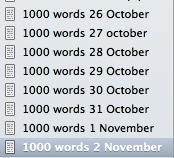
The upshot has been that I (usually) exceed my target every day… which led me to think I’d be breezing through come November 1st! But you know what they say about pride and falls… In the spirit of openness, here’s evidence of my own limping start to the month: 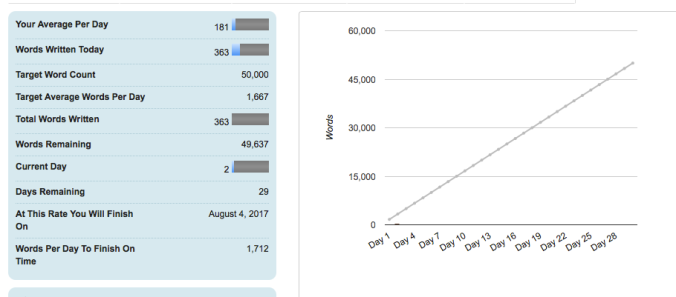
‘At this rate you will finish on August 4th’… and this book (for reasons I won’t divulge) absolutely has to be finished by June 2017. So, on I press. I’m comforted, as I slog, by sensible advice in a book called Writer’s Workshop by Stephen Koch: you might get it wrong, he says, ten thousand times… Getting it right the ten thousand and first is all that matters.
Here’s hoping…






